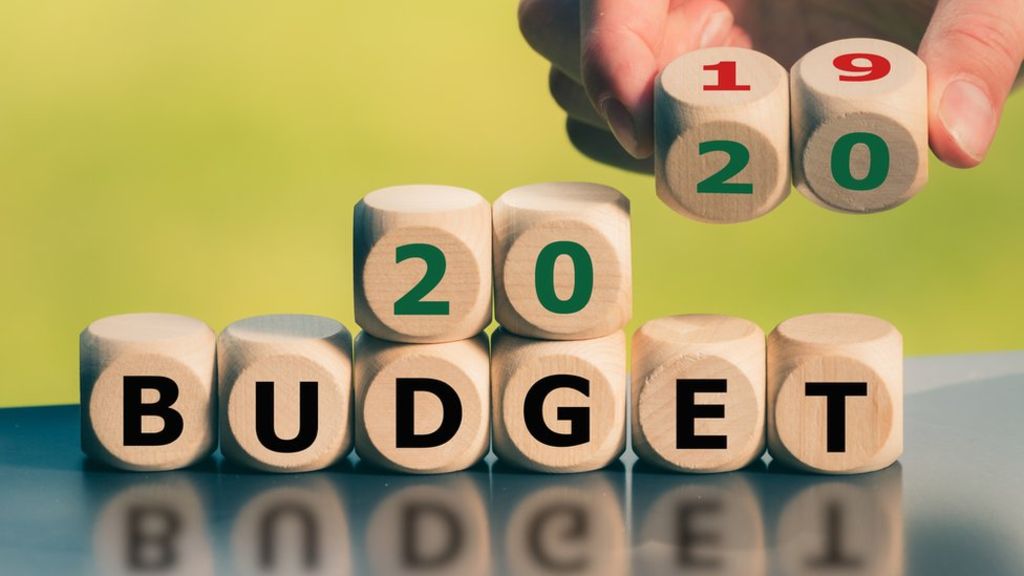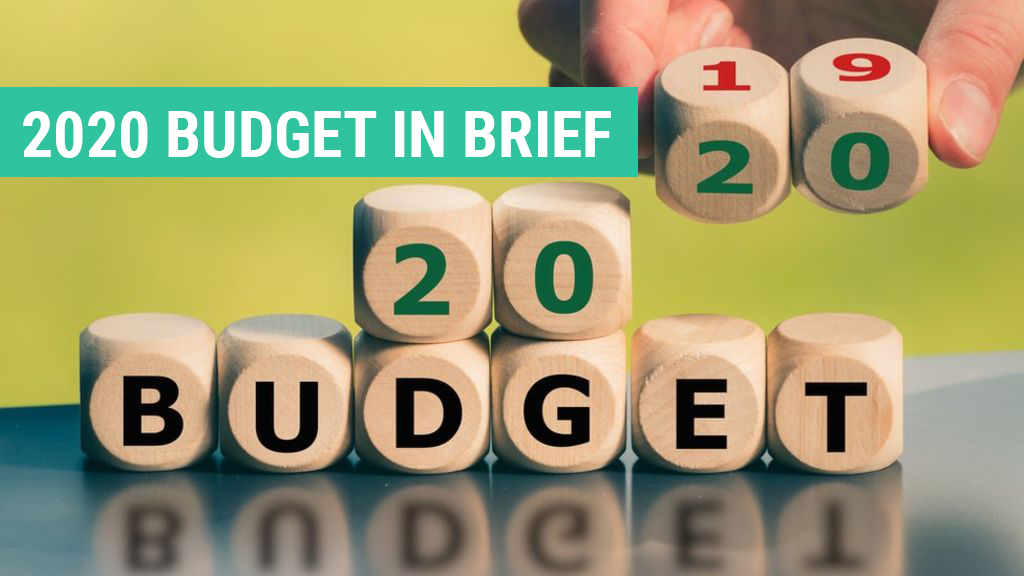The 2020 Budget in Brief – What it will mean for the Automotive Industry
Chancellor Rishi Sunak outlined his intentions yesterday in the House of Commons, delivering his first budget since taking the position. What changes have come in though which will effect the motor industry?
- The Government will pump a further £532m to maintain the Plug-In Car & Van Grants until March 2023
- As of the 12th March 2020, the Grant for EV vehicles was reduced from £3500 to £3000. On top of that, cars costing over £50,000 will no longer qualify for the Government incentive
- Company Car Tax rates will be frozen between 2023 – 2025
- Fuel Duty Frozen
- £500m will be used to implement ‘Rapid Charging’ infrastructure which also includes a new fund to support connections to the Electricity Grid.
- ALL Zero Emission vehicles are exempted from the ‘Expensive Car Supplement’ until 2025
- Capital allowance bands are to be tightened which will mean only Zero emission cars will qualify for 100% first year allowance
- The government will eliminate the Van Benefit Charge for Zero emission vans from 2021

Additional Areas of the Budget
. £12 billion plan to respond to the impact of Covid-19.
. Vehicle Excise Duty (VED) rates have been raised in line with RPI.
. Vans will still face a CO2 linked VED structure from April 2021. However, HMT has opted not to publish the CO2 bandings until they have more data from WLTP compliant vans.
. Alongside the Budget, the government has published its remit to the Low Pay Commission (LPC) for 2020. The remit asks the LPC to make recommendations with the view of reaching a National Living Wage (NLW) of two-thirds of median earnings by 2024, over £10.50 an hour.
. Fuel duty is frozen for the tenth year.
. £29.5 billion has been allocated for roads and pothole repairs.
. The government is investing £4.2 billion in the transport networks of eight city regions across England from 2022-23. Funding will be delivered through five-year, consolidated transport settlements agreed with central government and based on plans put forward by Mayors.
. The Corporate Tax rate will not receive the proposed cut and will remain at 19%.
. Consultation on the Comprehensive Spending Review (CSR) was launched, it will close in July.
For more information on the budget – click here
To go to our blog home page – click here



